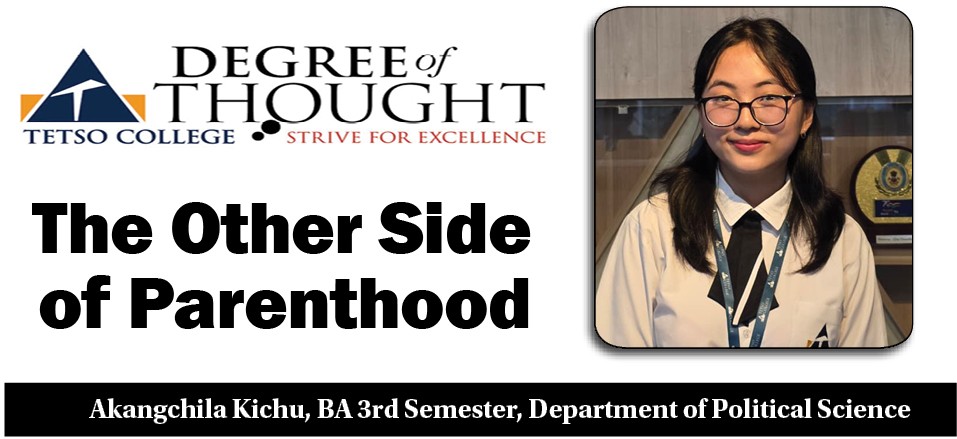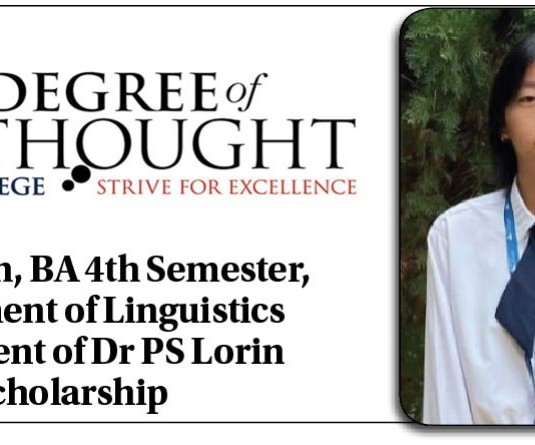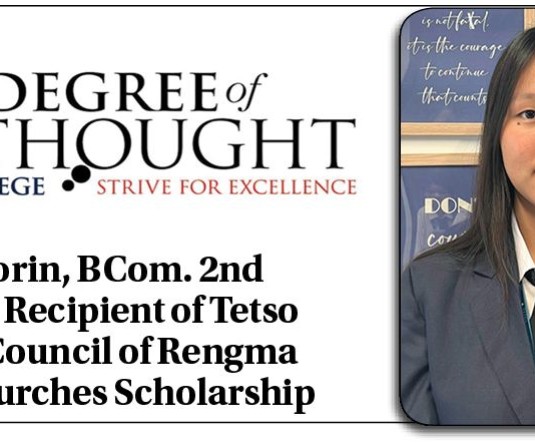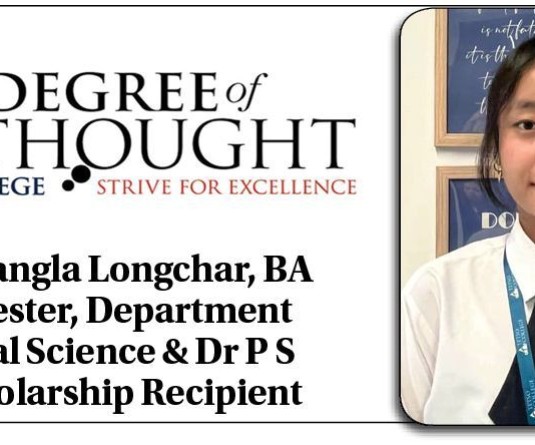
Have you always believed that your parents had all the answers to life? I once thought mine did. I was always dependent on them to solve every minor inconvenience and problem in my life. Whether I lost something, got into trouble at school, or felt overwhelmed by something new, I always ran to them, expecting an immediate solution. And more often than not, they always had the answers I needed. Their responses felt certain, their presence felt unshakable, and their advice carried the weight of authority. To me, they were the heroes of everyday life—the people whom I trusted more than myself. But little did I know, they were facing countless challenges, experiencing many aspects of life for the first time, too.
Growing up and moving away from home made me realise just how much I still had to learn. As Aristotle once said, “The more you know, the more you realise you don’t know.” Yet, as young people full of energy and excitement to explore the unknown, we often forget that our parents are also navigating life’s uncertainties, sometimes even more intensely than we are. They are not superhuman beings immune to fear, failure, or uncertainty, but are simply people, doing their best, often in silence, so that we can grow up feeling secure. We often forget that our parents are just as clueless and unsure about many things as we are, yet they put on a brave face so that we don’t have to experience feelings of hopelessness and uncertainty. Growing up in a time when technology was not easily accessible and the latest news or trends were not just a click away, they had a much harder time keeping up with the rapidly changing world. For them, learning new things often came with greater difficulty, and staying informed was considered a privilege rather than a convenience.
From childhood to early adulthood, our parents guide us through so many unfamiliar moments, whether it’s helping us find our new classroom on the first day of school or offering advice on career paths we struggle to choose. While every parent-child relationship is unique, there’s no denying that our parents are often the first to test the waters, stepping in with their guidance to ensure it’s safe for us. They carry the weight of responsibility so we are able to step forward with confidence. While we faced the unknown for ourselves, they faced it for us.
As Leo Buscaglia once said, “The best way to understand life is to live it.” And it’s often only when we begin to step into roles of real responsibility, whether it’s managing finances, caring for others, or making difficult life choices, that we truly understand the weight of adulthood. It is through these lived experiences that we start to gain a deeper appreciation for all that our parents endured and carried, especially for our sake. The sacrifices they made, the emotional and mental strength they showed, and the countless invisible burdens they bore, these things become clearer only when we get to put on similar shoes after growing up. It’s in those quiet, often overwhelming moments that we begin to see our parents not just as caretakers, but as individuals who were learning, struggling, and growing alongside us all along. Remembering that our parents are also experiencing life for the first time allows us to view them with more empathy. Too often, we get impatient with them, and in the worst cases, we begin to blame them for our failures. And that, for any parent, is an awful feeling and a deeply painful burden. This isn't to say that we should stop seeking help from our parents. Instead, it’s a gentle reminder to be kind and patient with them.
We shouldn’t expect perfect answers every time. Rather, we should be willing to support and guide them through the things they find difficult, just as they have done for us. Most importantly, we should cherish the opportunity to experience the beauty of life alongside them, because we only get to live this life with them once. Therefore, it is important to be kind and patient with our parents, just as they have been with us. We should take the time to listen when they share their wisdom, and also offer the knowledge we have, just as we would with a friend. Moreover, oral tradition, which has been in crisis due to a lack of attentive listeners, deserves to be revived—especially within the parent-child relationship. Parents, just like us, are journeying through their stages of life, carrying with them stories, wisdom, and experiences that form a living archive of culture and memory. By listening to and engaging with these narratives, we not only recognise that our parents are also experiencing life alongside us, but we also help to sustain the oral tradition as a bridge between generations, ensuring that it continues to remain alive and meaningful. Let us all strive to be responsible citizens by showing empathy and kindness not only to our parents but to all elderly individuals.
Degree of Thought is a weekly community column initiated by Tetso College in partnership with The Morung Express. Degree of Thought will delve into the social, cultural, political and educational issues around us. The views expressed here do not reflect the opinion of the institution. Tetso College is a NAAC Accredited UGC recognised Commerce and Arts College. The editorial team includes Chubamenla, Asst. Professor Dept. of English and Rinsit Sareo, Asst. Manager, IT, Media & Communications. For feedback or comments please email: dot@tetsocollege.org






